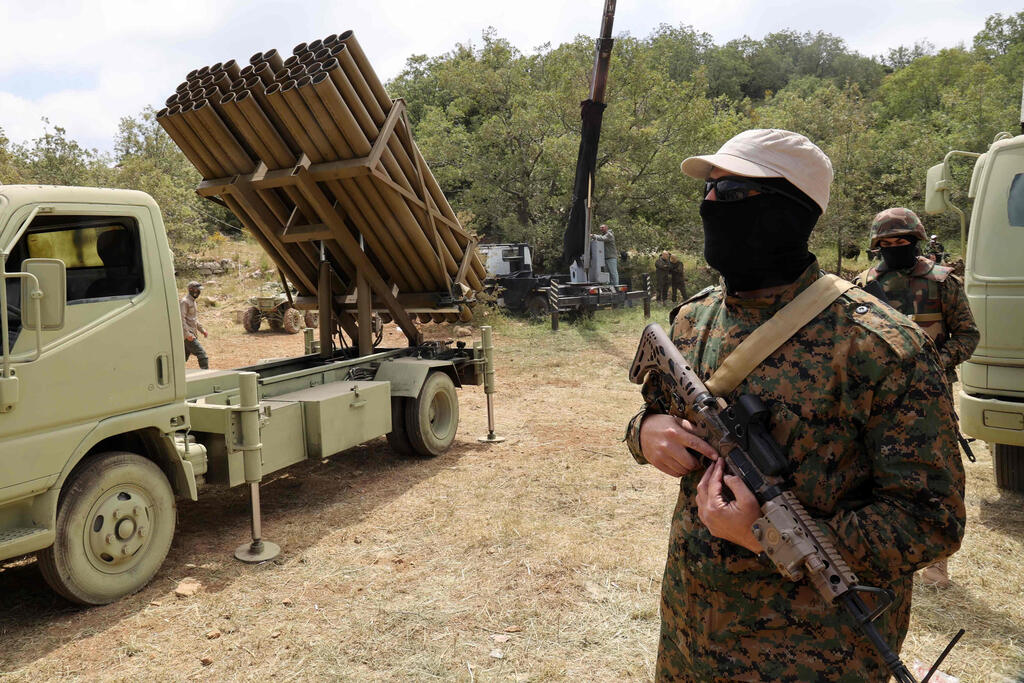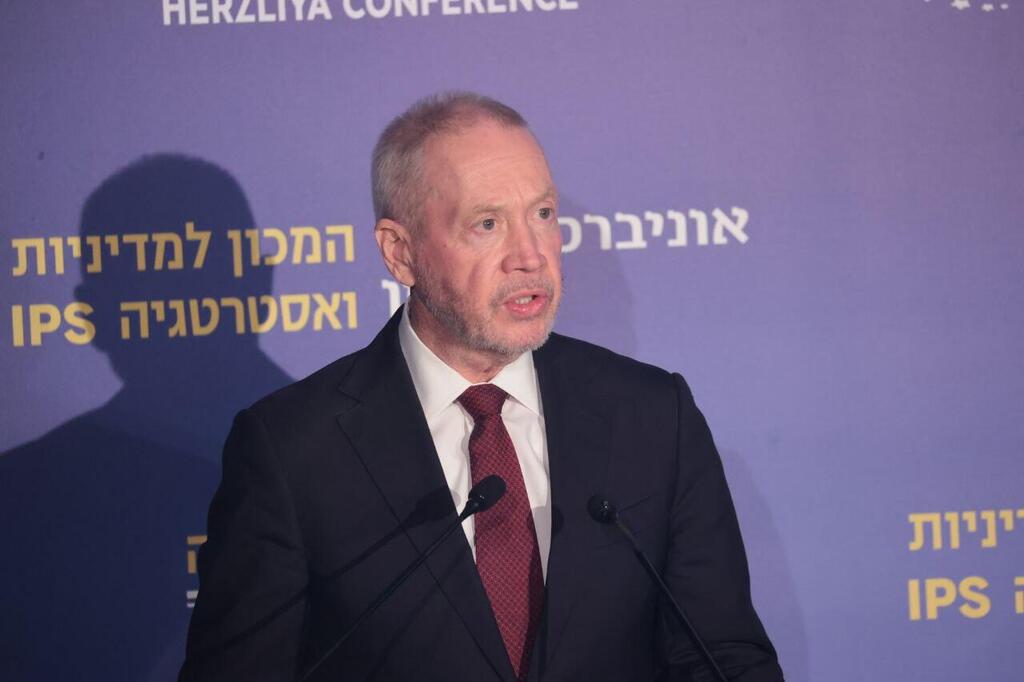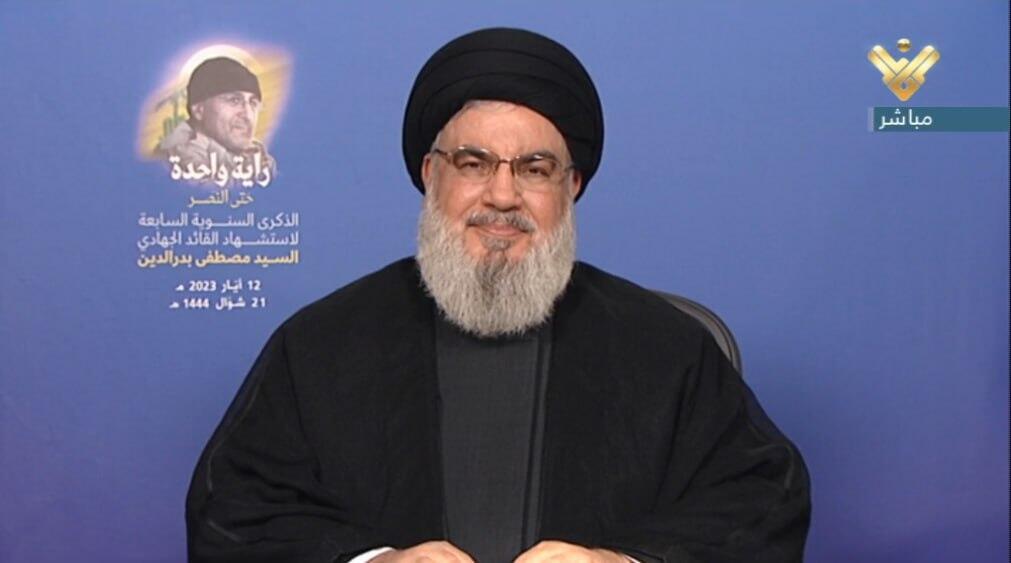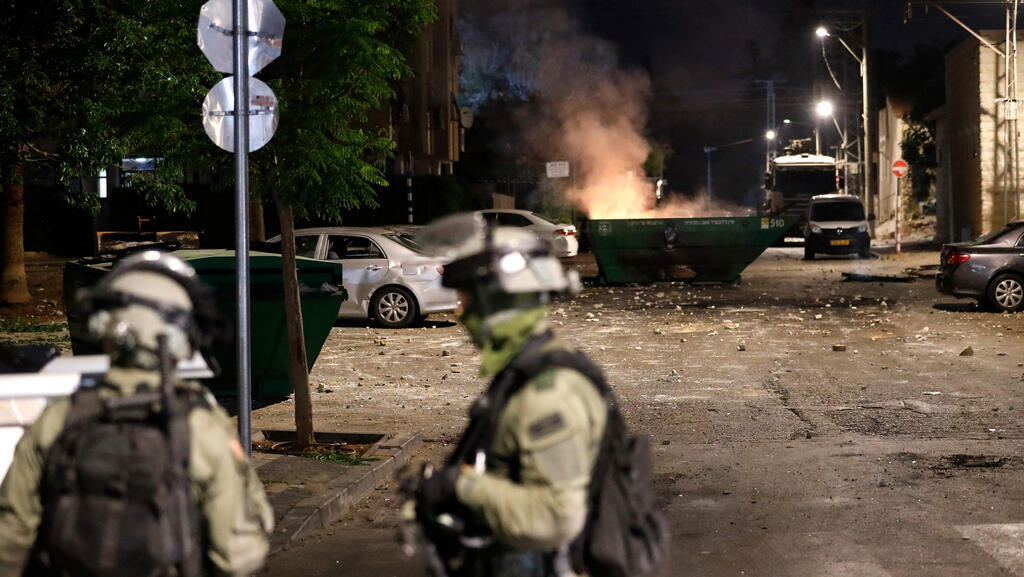In the summer of 2007, Israeli media were frenziedly discussing the possibility of an imminent war with Syria. Those who were not privy to classified information could not quite understand why the Syrians would initiate a war against Israel, nor was there any enthusiasm for conflict in Israel a year after the Second Lebanon War.
More stories:
Those who asked military officials why such a war might break out received vague answers about our deterrence being damaged, and the possibility of President Basar al-Assad committing a "miscalculation."
It soon became clear that these reports were part of a smoke screen meant to prepare for a different possibility altogether: the attack on the nuclear reactor in Deir ez-Zur, which took place that September. Prudent diplomacy and precise military action resulted in the destruction of the reactor without a war.
Do the alarm noises heard from both sides of the Lebanese border, including Tuesday’s warning by the IDF intelligence chief at the Herzliya Conference that "Nasrallah is close to a mistake that could lead to a major conflict," imply that an event planned by one of the sides is imminent? It seems not.
However, it is clear that there is a sense among defense officials that we may soon encounter a clash in Lebanon, which could develop into a large-scale conflict. Defense Minister Yoav Gallant also warned about this on Monday.
If Hezbollah leader Hassan Nasrallah does suffer from an inflated sense of self-confidence in regard to the organization's capabilities against Israel, it's possible that Israel itself provided him with some of the justifications for this.
Those who believe in the simplistic deterrence theory might attribute this to a weak response to the terror attack near Megiddo that Hezbollah carried out, and the organization's tacit agreement with the 34 rockets that were fired at Israel from Lebanon about a month and a half ago. However, things are more complex than that.
The defense establishment is very proud of the achievements of its “war between wars” doctrine (known by its Hebrew acronym "Mabam") against Hezbollah's military buildup and the entrenchment of Iranian proxies in Syria.
However, just like on other fronts, while we are impressed with precision missile strikes, the enemy may draw entirely different conclusions. For example, that Israel is afraid of war to the point that it completely embraced the "red lines" set by Nasrallah, whereby any action on Lebanese soil or killing his men will lead to a reaction.
The Mabam has also led Iran and Hezbollah to produce a kind of "counter-Mabam". It seems Israel’s adversaries have perfected the formula in recent weeks with ongoing harassment on all fronts: Terrorism in the West Bank, recurring fighting cycles in Gaza (which Israel always tries ending quickly) and opening new fronts such as rocket fire from Lebanon - all kept under the threshold of war, just like we do.
However, wars, for decades, do not break out because someone decided so, or even because someone made a mistake. In all recent conflicts, including the Second Lebanon War, we reached a process of reaction and counter-reaction (a senior officer called it in 2006 "a game of musical chairs"), which deteriorated significantly without prior intention.
And in this aspect, it does not seem that Israel has drawn worthy conclusions, defined goals for itself, and acted accordingly. Our actions continue to be derived from intellectual inertia and domestic politics.
The combination of all these circumstances may unintentionally lead us not only to a conflagration with Hezbollah but also to the realization of the scenario of a widespread conflict - in the West Bank, on the borders, in cross-border fire, and perhaps even within Israel itself, as happened in May 2021.
However, while security officials talk about these issues, it does not seem that the necessary conclusions in the areas of policy, military buildup and preparation are being discussed at all.
State budget discussions lacked any serious discussion about the implementation of the largest item on it, the defense budget. Significant changes are needed for the IDF to handle personnel pressures and adequately prepare for a multi-front conflict, but there are no signs that this is being seriously considered by the prime minister, Cabinet, or the defense establishment.
Ofer Shelah is a senior researcher at the Institute for National Security Studies (INSS)





